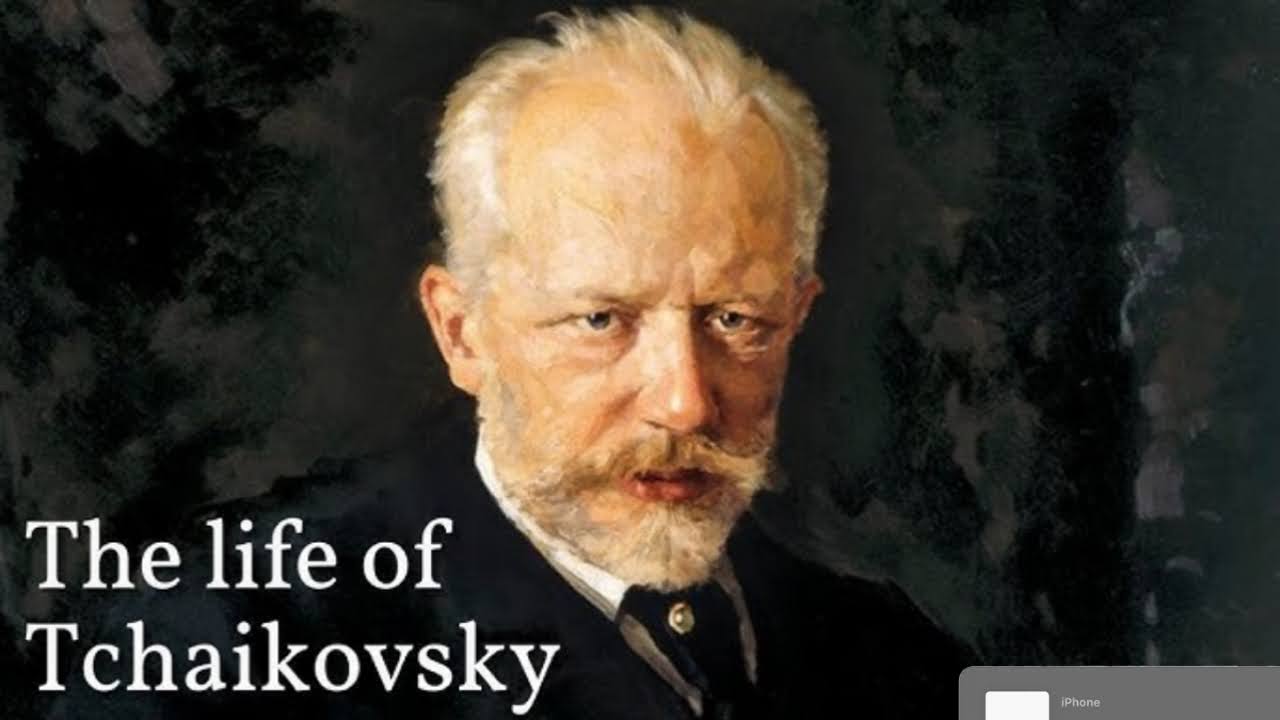
Chess
Chess, a game often referred to as the “Game of Kings,” is a fascinating blend of strategy, foresight, and mental endurance. With a history spanning over a millennium, this timeless game continues to captivate players and enthusiasts worldwide. Whether you’re a beginner or a seasoned grandmaster, understanding the essence of chess can elevate your gameplay and appreciation of this intellectual pursuit.
The Rich History of Chess
The origins of chess trace back to ancient India, where a precursor to the game known as “Chaturanga” was played. Over centuries, the game evolved as it spread across Persia, the Islamic world, and Europe. By the 15th century, this game had transformed into the modern version we know today. This rich historical tapestry highlights the cultural significance and universal appeal.
Basic Rules and Setup
Chess is played on an 8×8 grid, with each player controlling 16 pieces: a king, a queen, two rooks, two knights, two bishops, and eight pawns. The objective is simple yet profound—to checkmate your opponent’s king while protecting your own.
Key rules include:
- Movement: Each piece moves uniquely, with the queen being the most versatile and the king the most critical.
- Capturing: Pieces are captured by landing on the square occupied by an opponent’s piece.
- Special Moves: Castling, en passant, and pawn promotion add depth to the gameplay.
Chess Strategies for Beginners
Mastering the basics is crucial. Here are some foundational strategies:
- Control the Center: Dominating the central squares allows greater mobility for your pieces and restricts your opponent’s options.
- Develop Your Pieces: Bring your knights and bishops into play early to prepare for a coordinated attack.
- Protect Your King: Castling is an effective way to safeguard your king while connecting your rooks.
- Avoid Early Queen Moves: Deploying the queen too soon can make her vulnerable to attacks.
Intermediate and Advanced Strategies
Once you’ve mastered the basics, delve into more complex strategies to outsmart your opponents:
Tactical Motifs
Tactics are short-term maneuvers that gain material or improve your position. Common tactical motifs include:
- Forks: A single piece attacks two or more pieces simultaneously.
- Pins: A piece is immobilized due to the threat against a more valuable piece behind it.
- Skewers: A more valuable piece is forced to move, exposing a less valuable piece behind it.
Positional Play
Focuses on long-term advantages:
- Control open files with your rooks.
- Strengthen pawn structures to avoid weaknesses.
- Occupy outposts with knights for maximum influence.
Endgame Mastery
The endgame is where precision matters most. Key principles include:
- Centralize your king to support pawns and pieces.
- Promote pawns to queens to gain decisive material advantage.
- Utilize opposition and triangulation to outmaneuver your opponent.
Famous Chess Games and Players
Legendary players whose games inspire millions:
- Magnus Carlsen: The reigning world champion known for his versatility.
- Garry Kasparov: Celebrated for his aggressive style and historic matches against AI.
- Bobby Fischer: An American prodigy who revolutionized the game with his unmatched talent.
Famous games like the “Immortal Game” and “Game of the Century” showcase the beauty through brilliant tactics and strategies.
Benefits of Playing Chess
it’s a tool for intellectual and personal growth:
- Enhances Problem-Solving Skills: Each move demands critical thinking and foresight.
- Improves Memory: Recognizing patterns and recalling past games sharpens memory.
- Builds Patience and Discipline: Success in chess requires focus and persistence.
- Encourages Creativity: Formulating strategies and anticipating opponents’ moves fosters creative thinking.
Chess in the Digital Era
The advent of technology has revolutionized . Online platforms like Chess.com and Lichess offer players the chance to compete globally, analyze games, and learn from tutorials. AI-powered engines, such as Stockfish, provide insights into positions and moves, helping players improve faster than ever before.
Additionally, live streams and tournaments on platforms like Twitch and YouTube have popularized chess among younger audiences. The rise of this game influencers and the “Queen’s Gambit” Netflix series have further fueled its global resurgence.
Tips for Improving Your Chess Skills
To become a better player, consistency and dedication are key. Here are some tips:
- Solve Puzzles: Regularly practice tactical puzzles to sharpen your calculation skills.
- Study Classic Games: Analyzing games of grandmasters provides insights into strategic thinking.
- Play Regularly: Experience is the best teacher. Participate in games against varied opponents.
- Learn from Losses: Analyze your defeats to identify mistakes and areas for improvement.
The Global Chess Community
Chess transcends borders, uniting millions of players worldwide. From local clubs to international tournaments like the Chess Olympiad, the global chess community is vibrant and inclusive. Organizations like FIDE (Fédération Internationale des Échecs) oversee official rankings, titles, and events, ensuring the game’s integrity and growth.
Conclusion
It is a timeless pursuit that combines strategy, creativity, and intellectual rigor. Whether you’re playing for fun or competing at the highest levels, the lessons learned from chess extend far beyond the board. Embrace this ultimate battle of strategy and intelligence, and discover the endless possibilities it offers.






